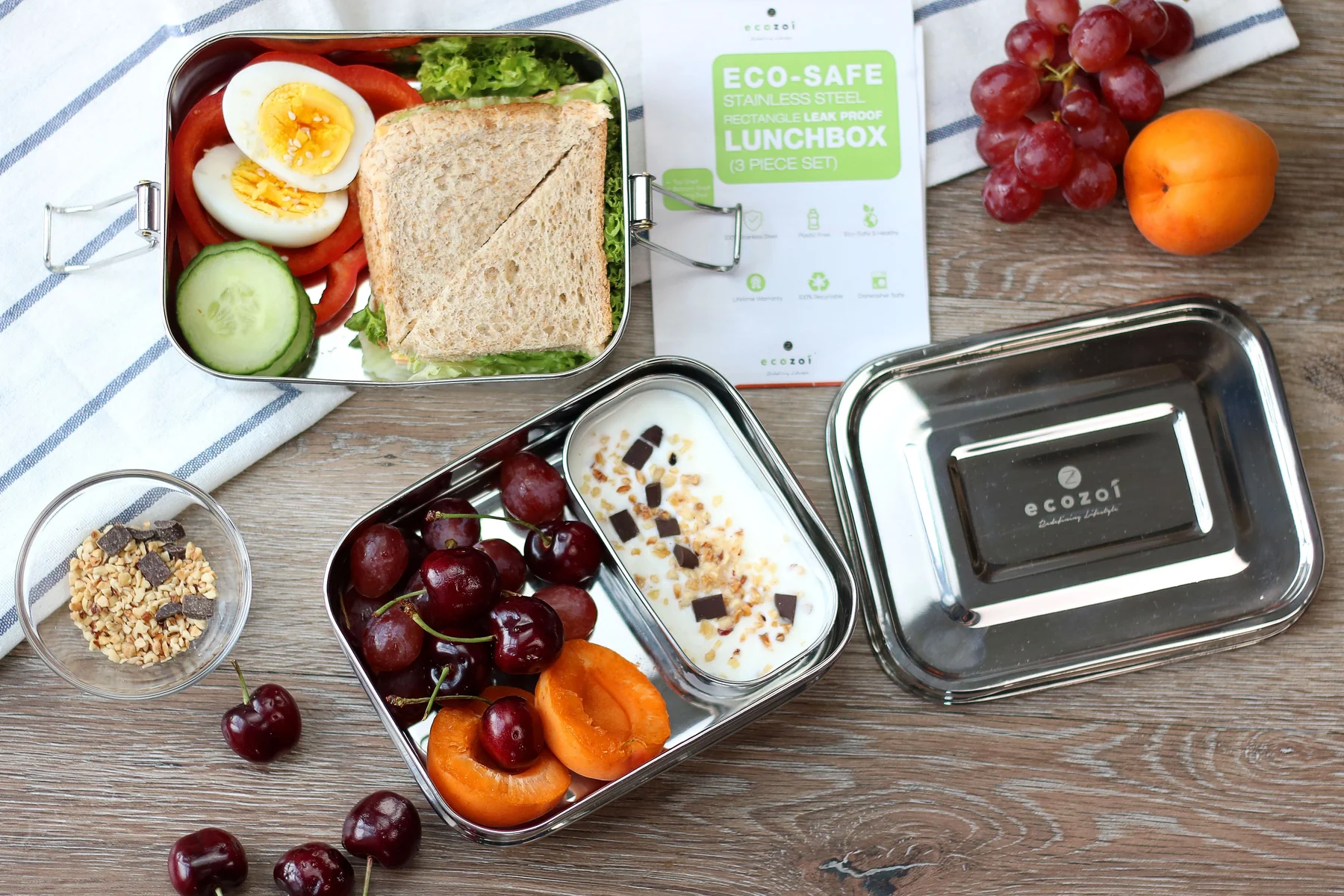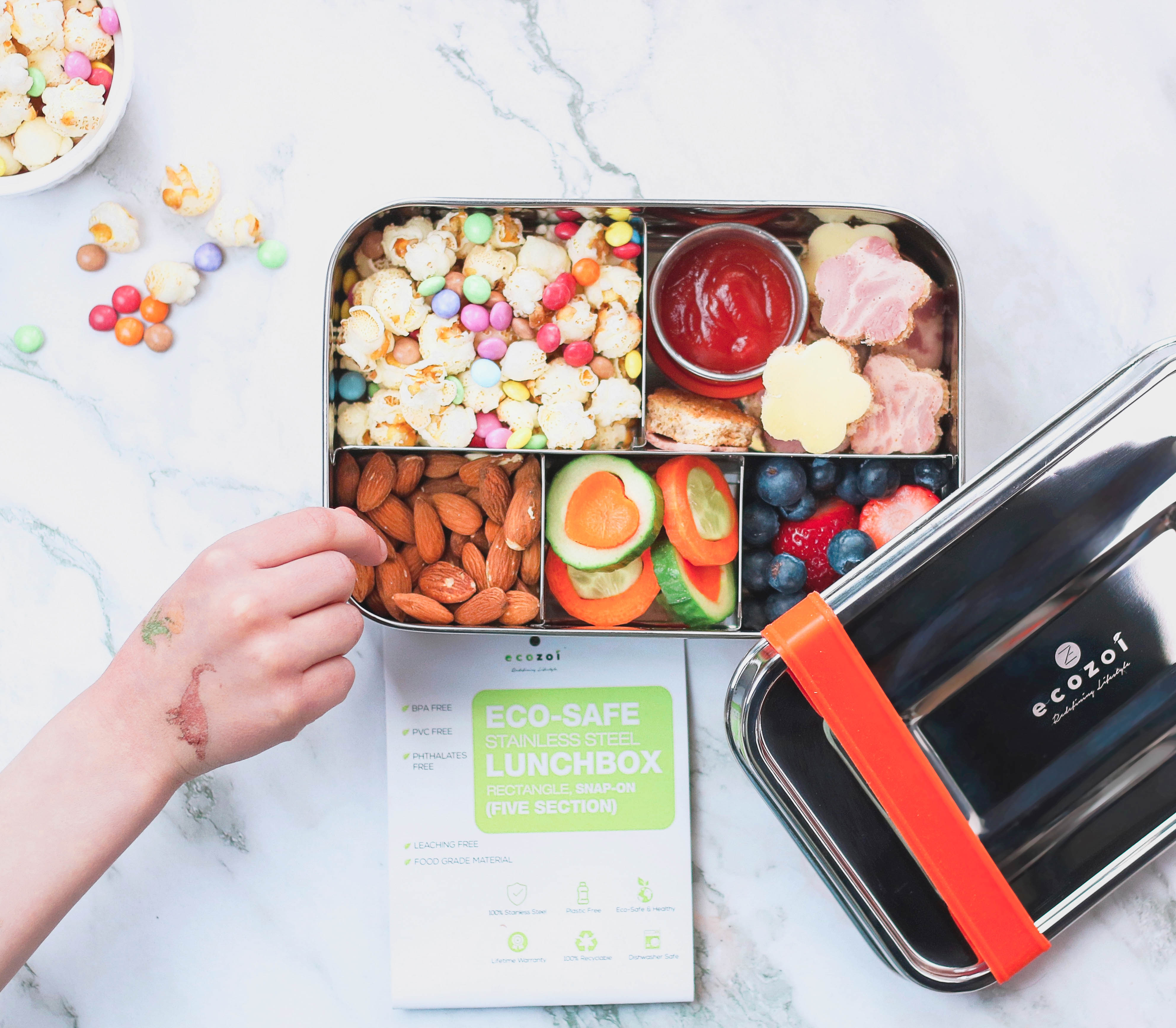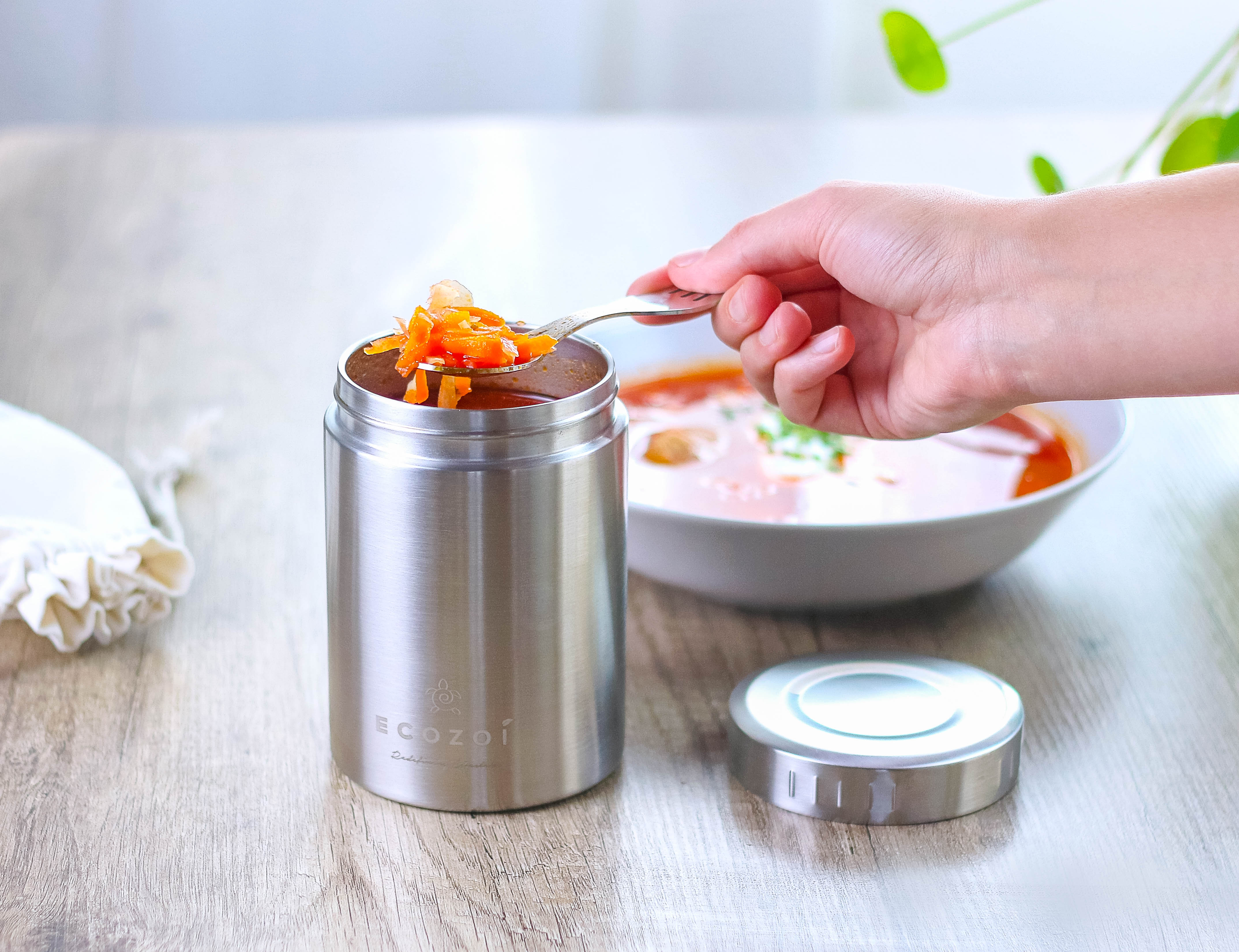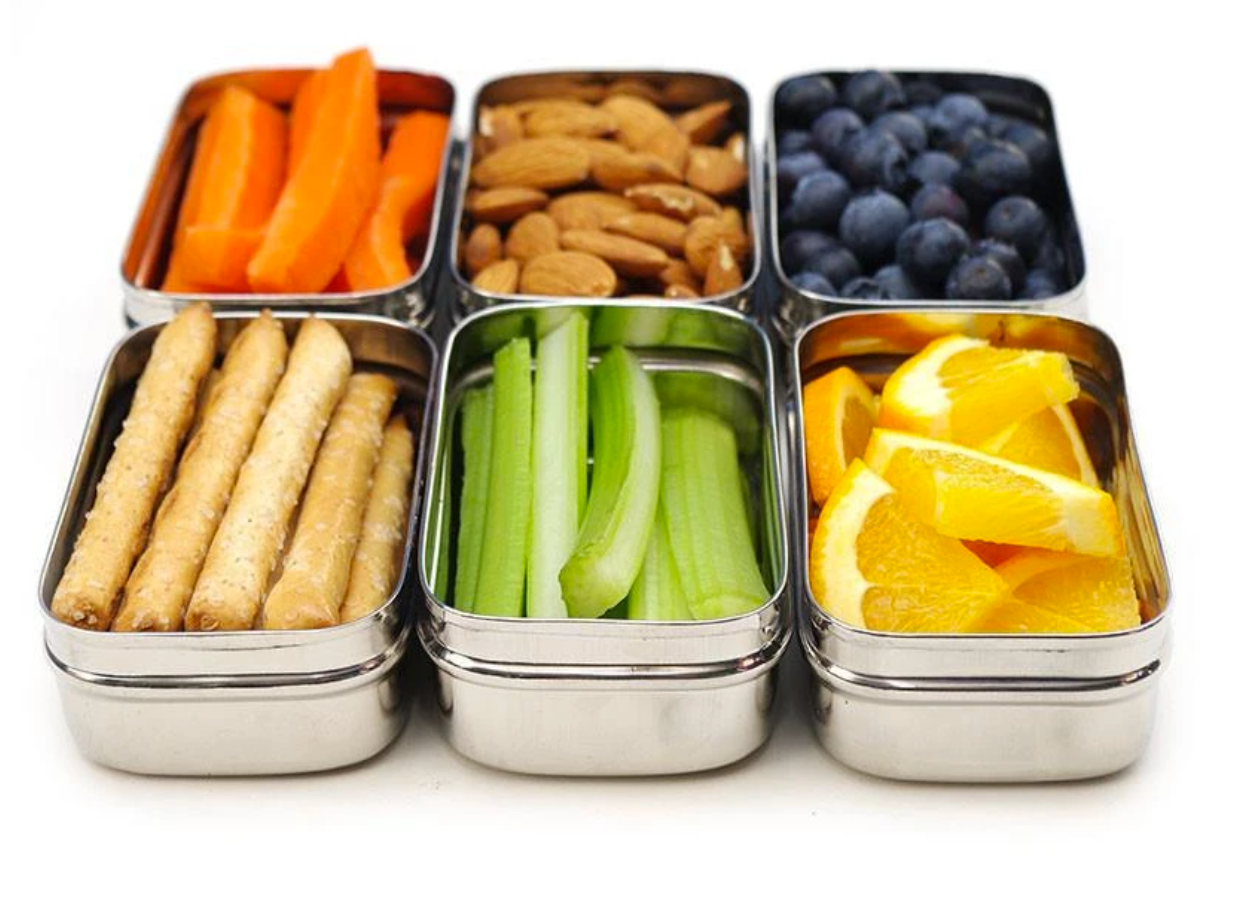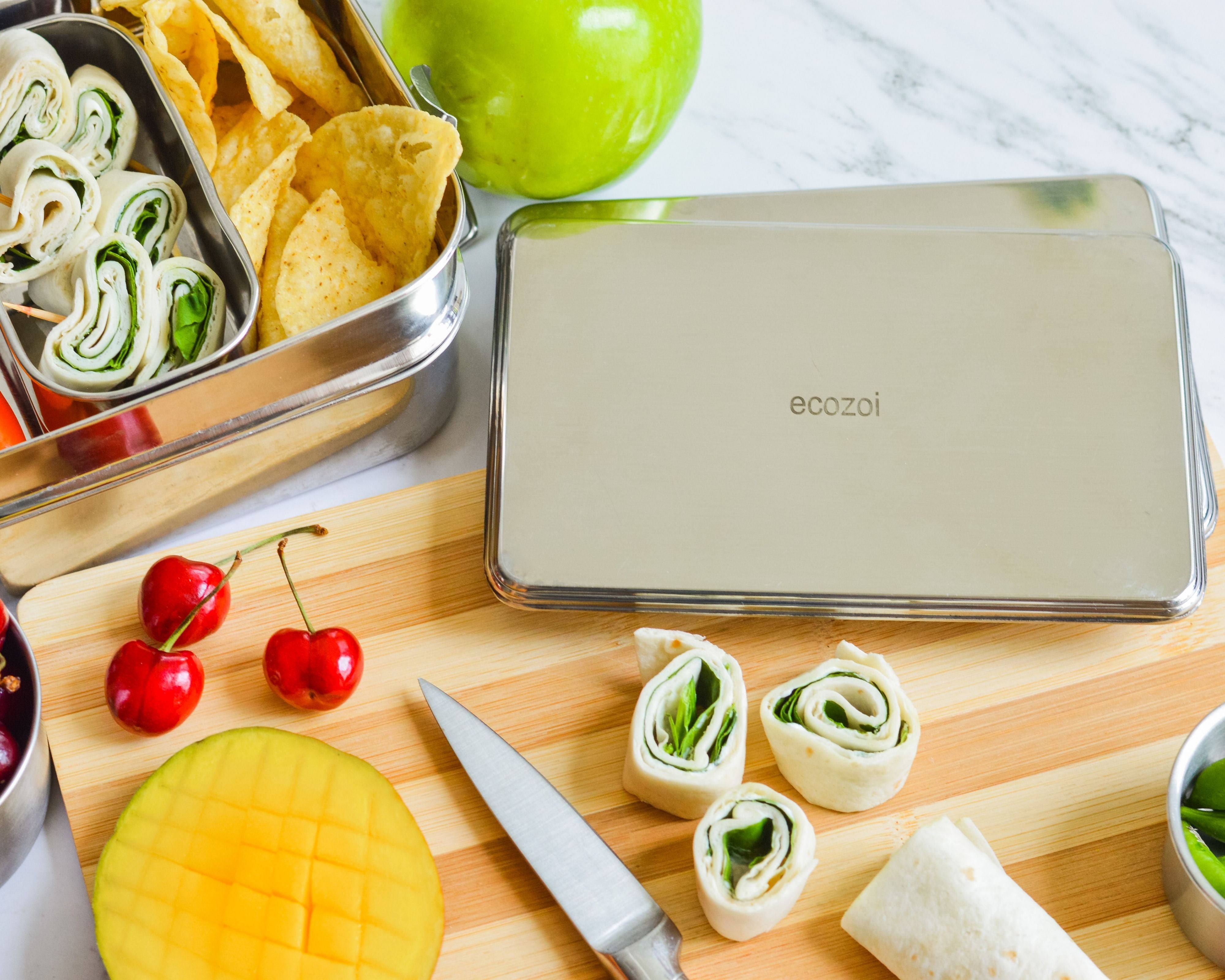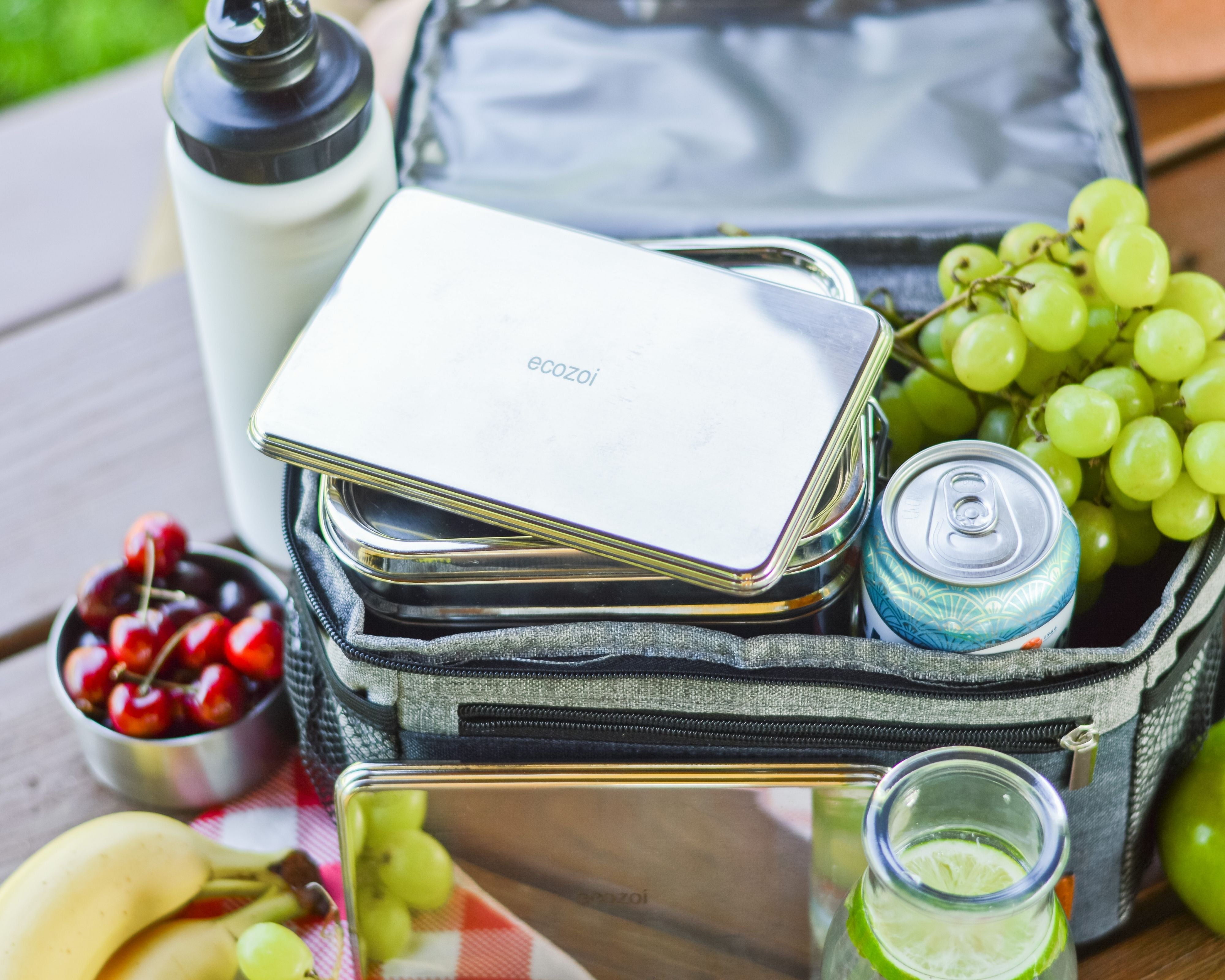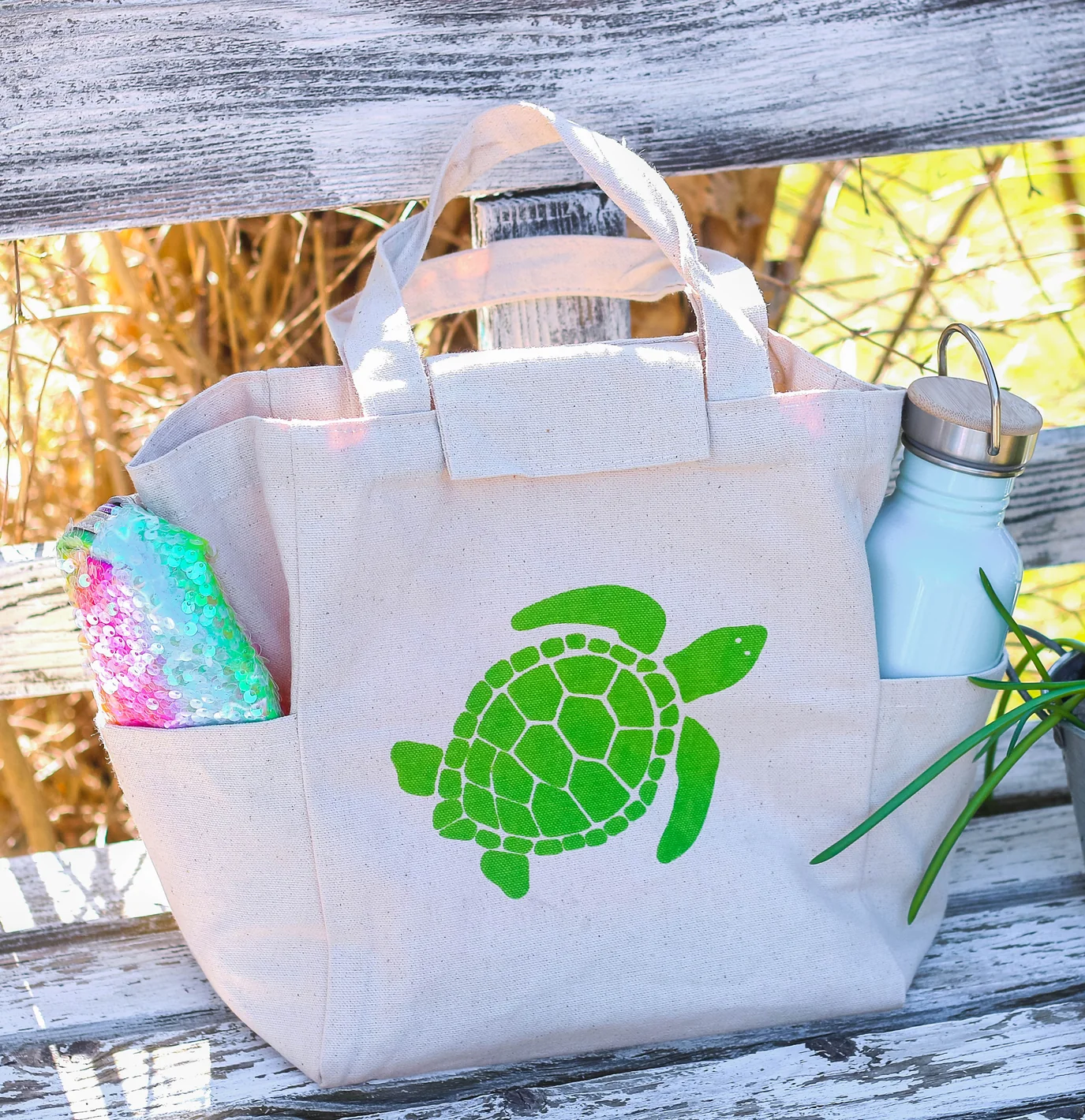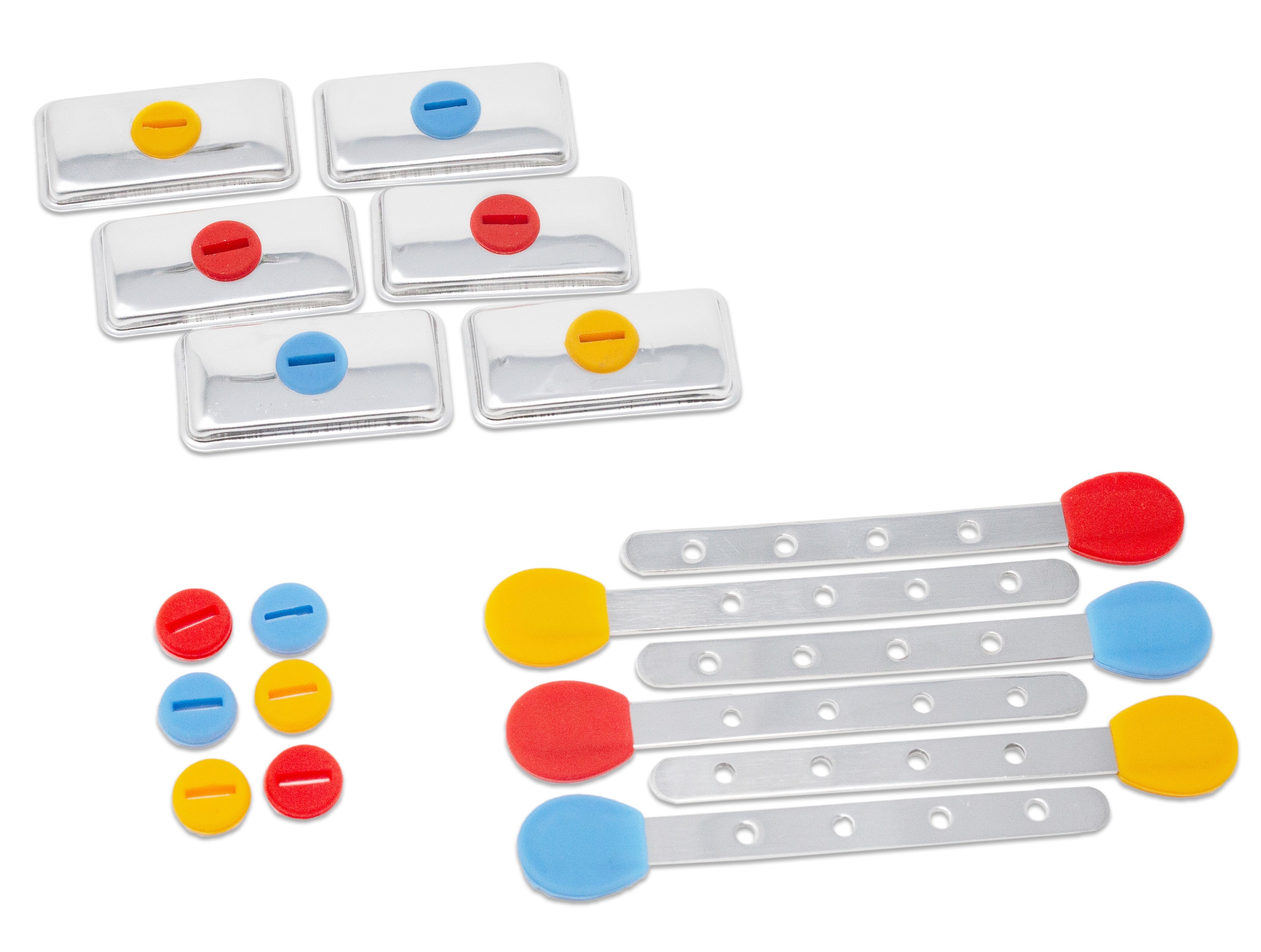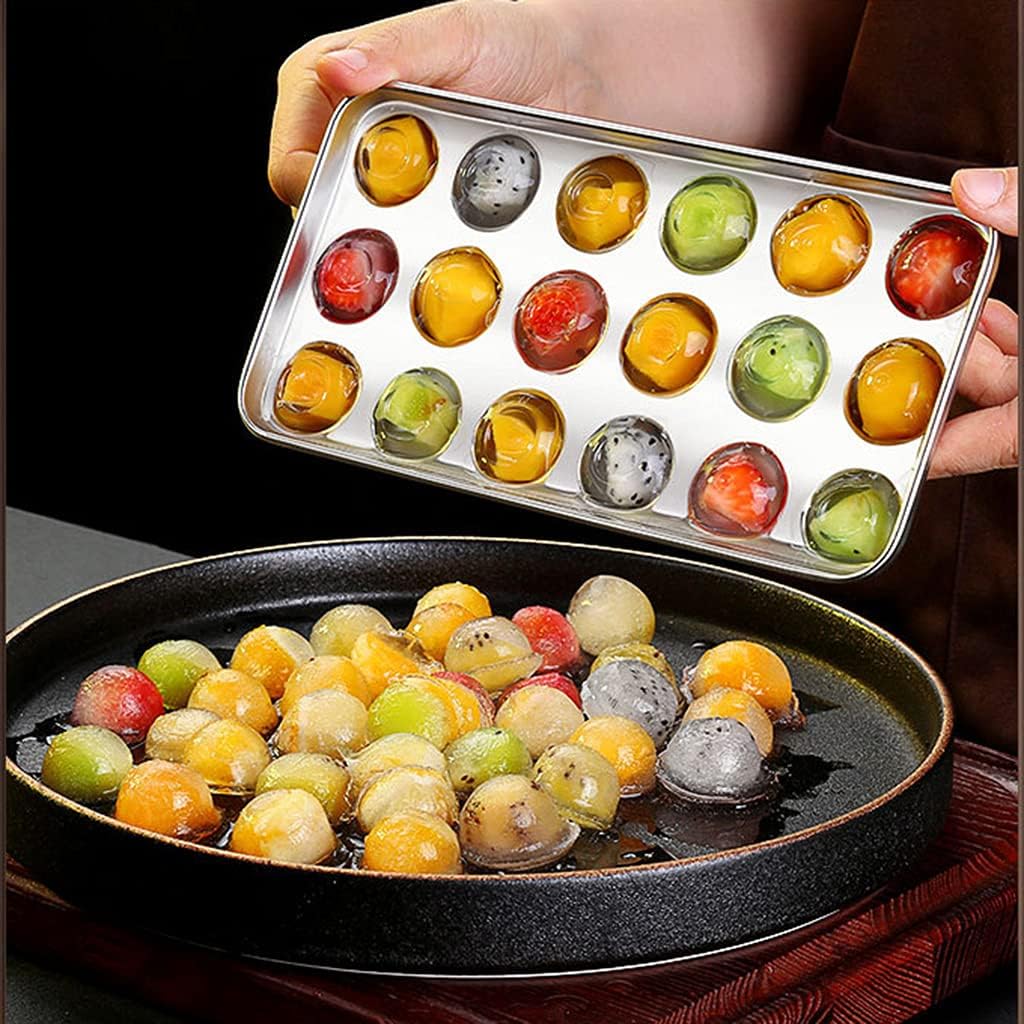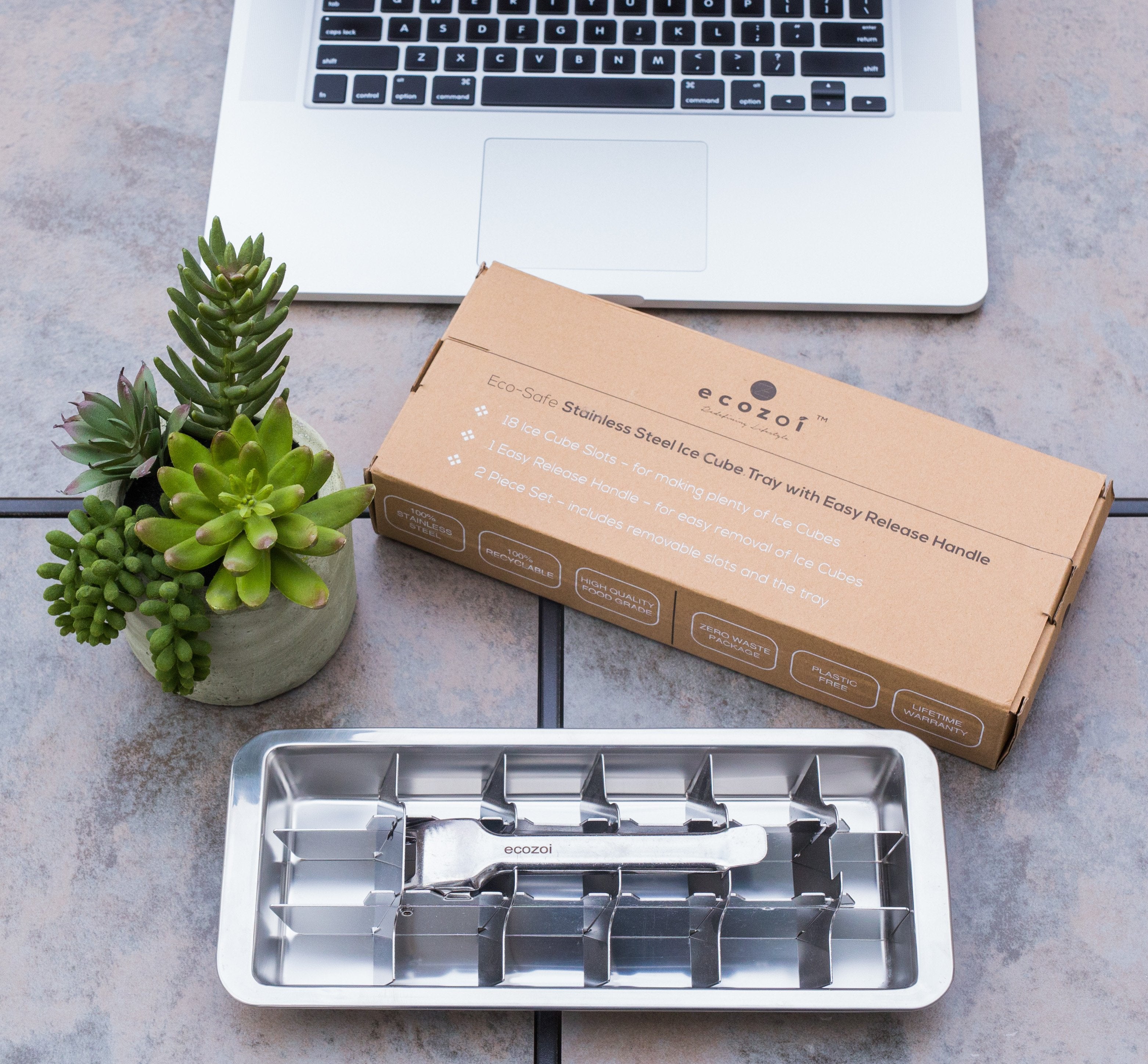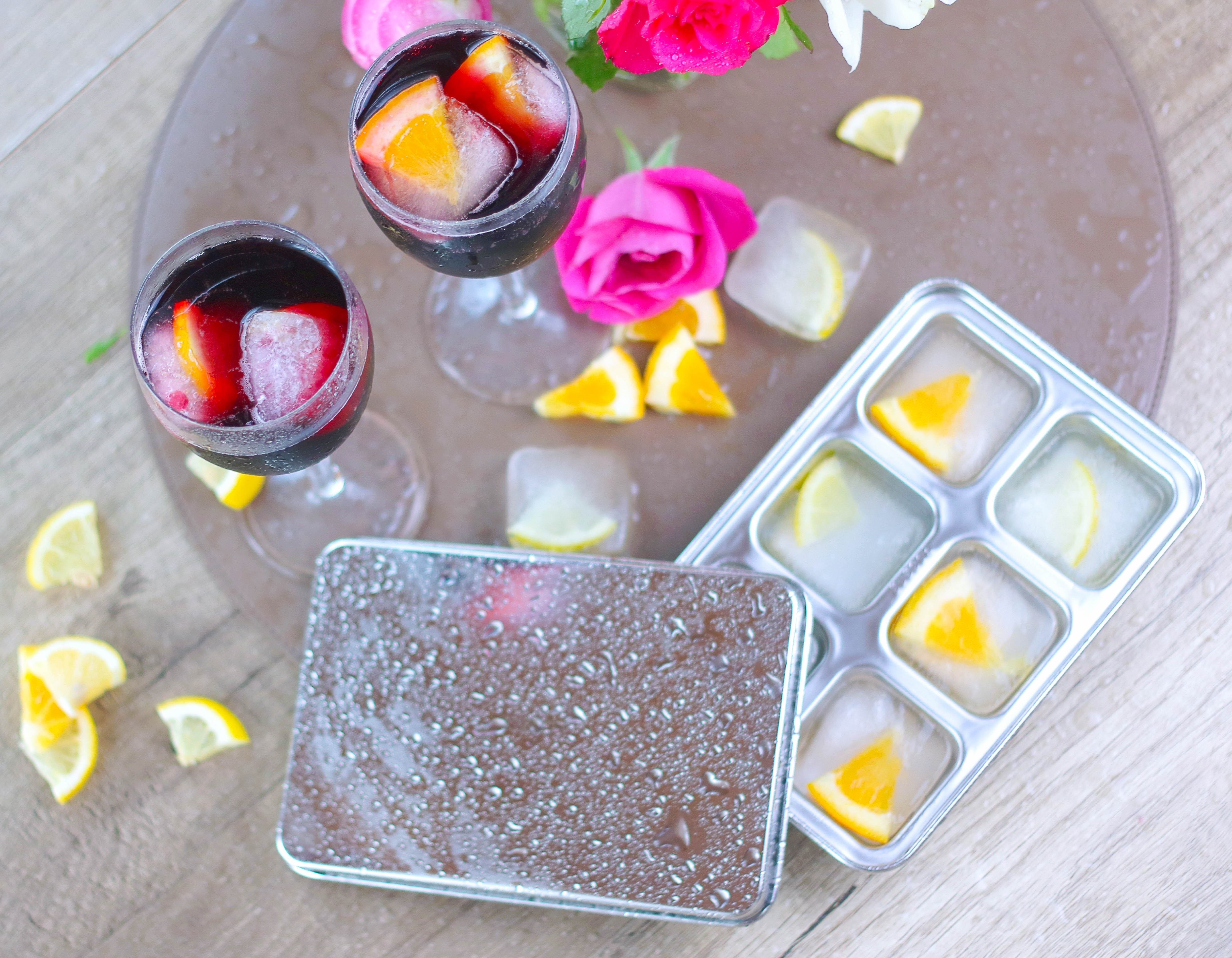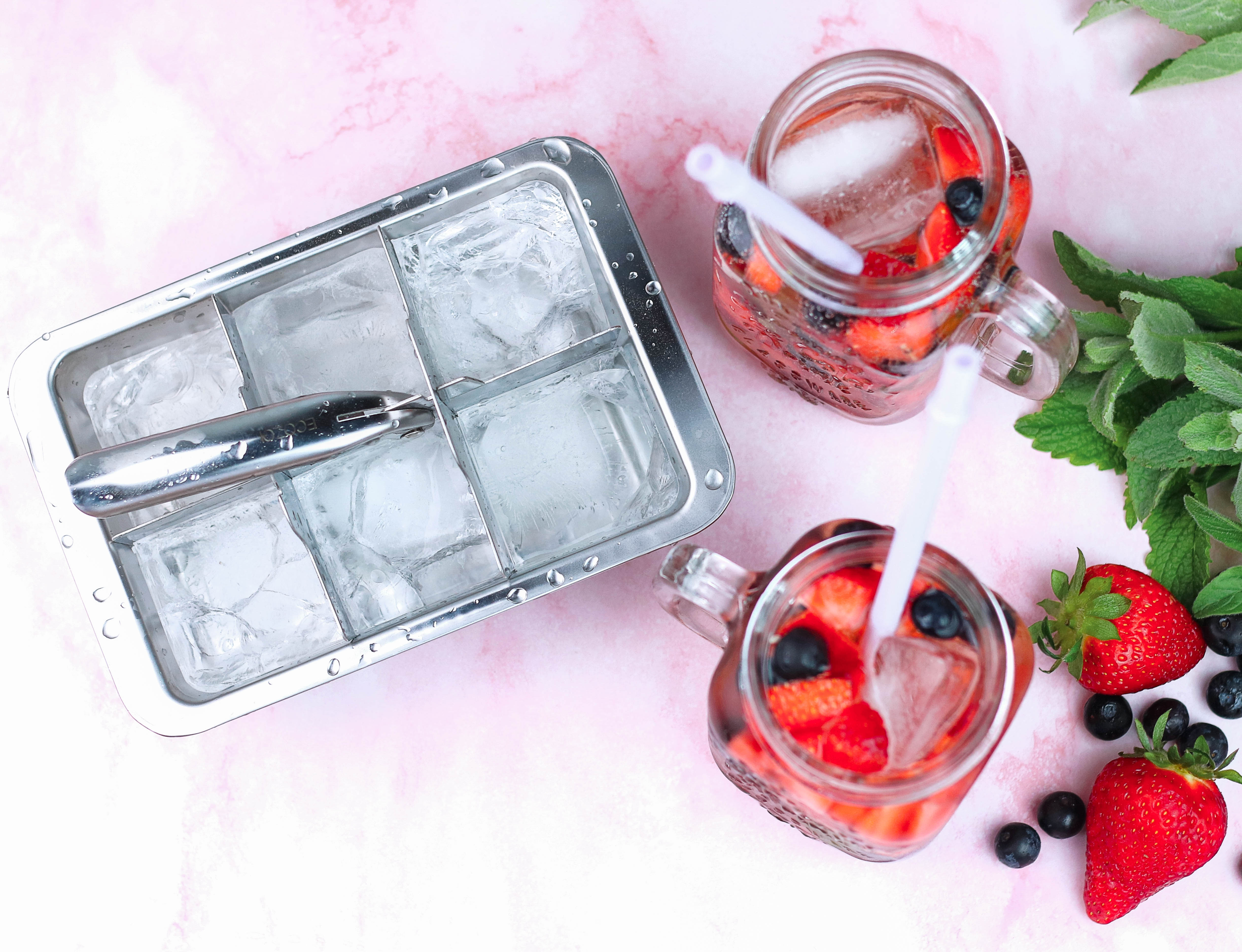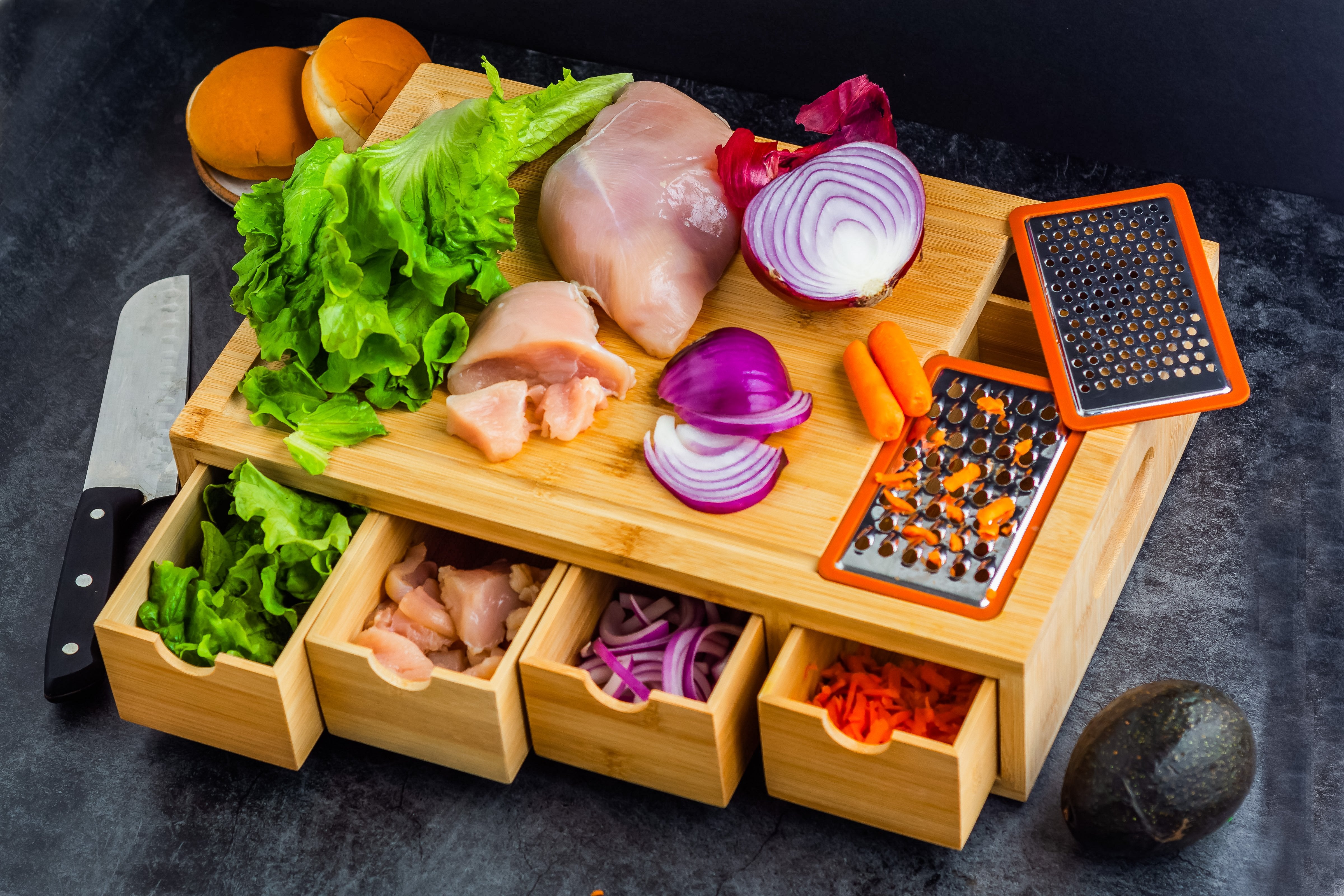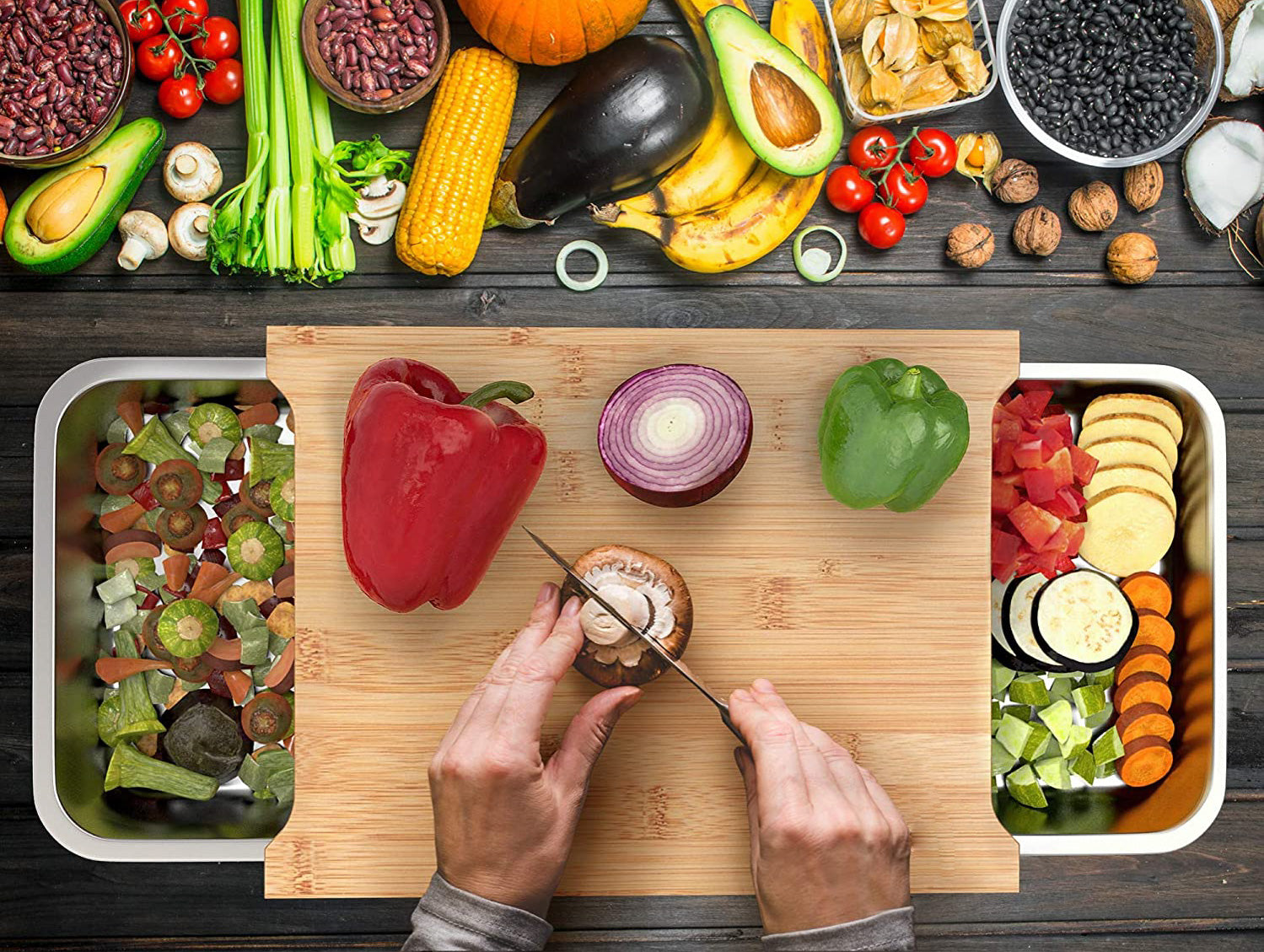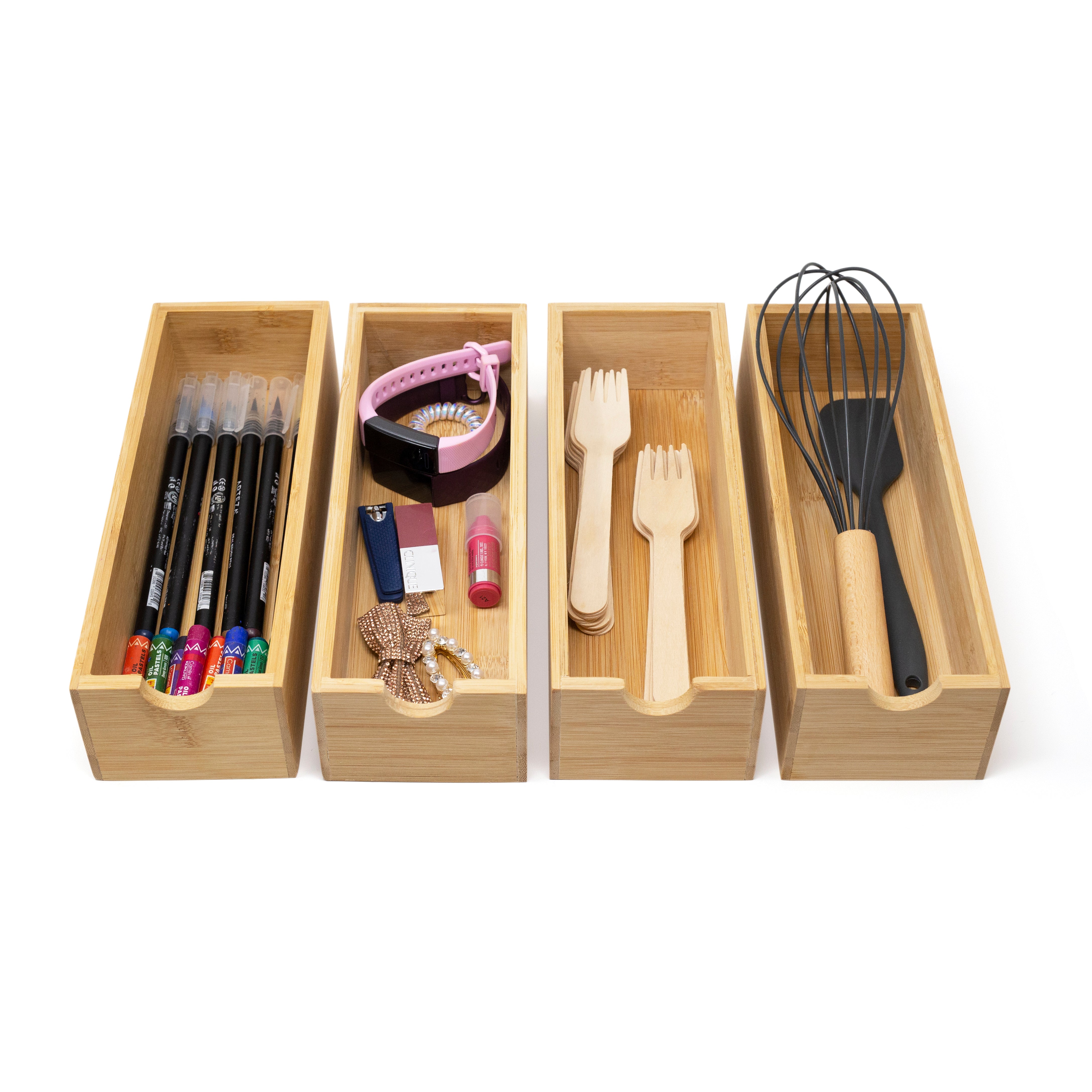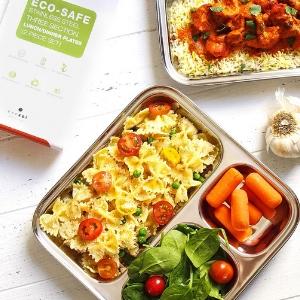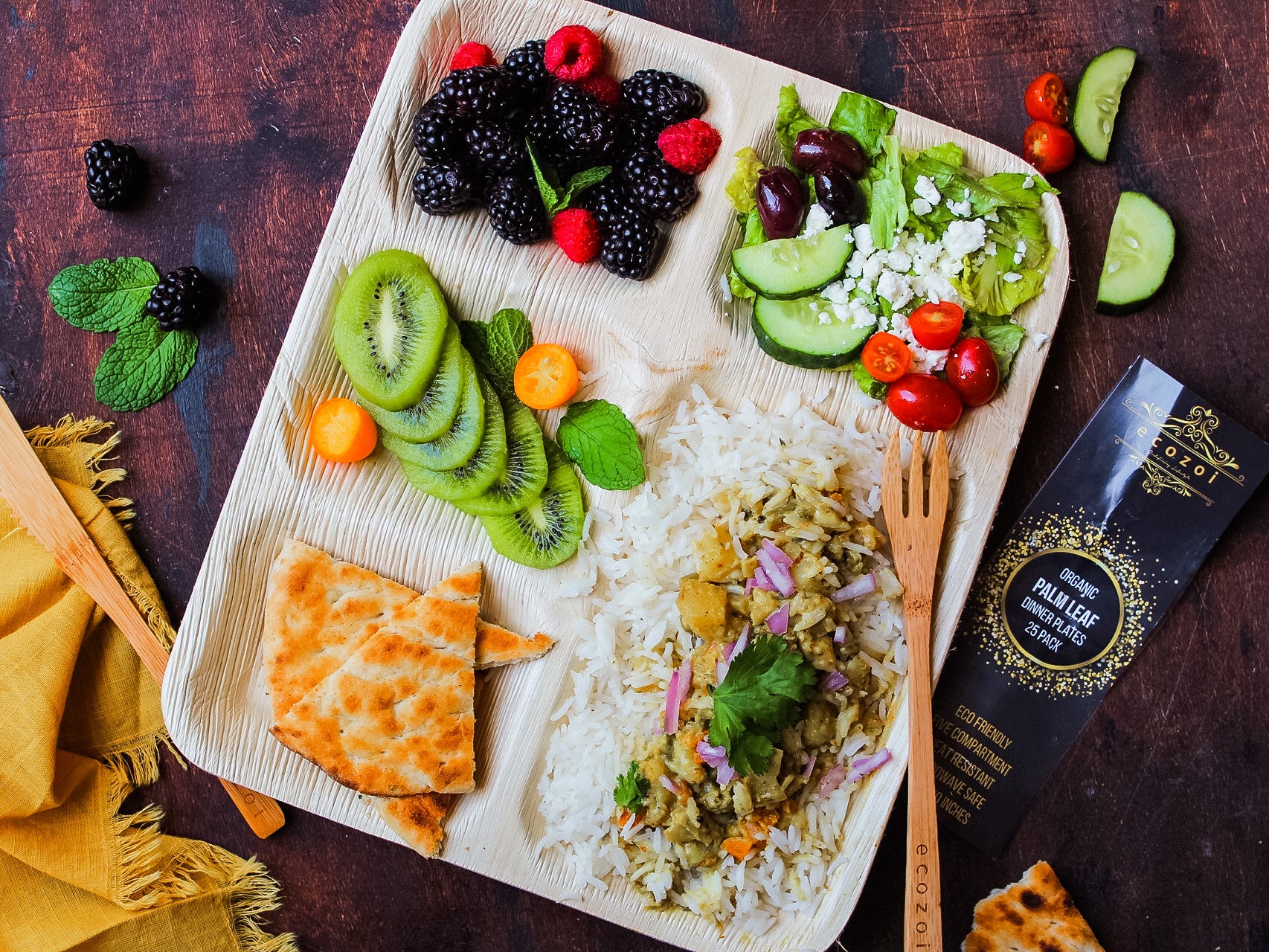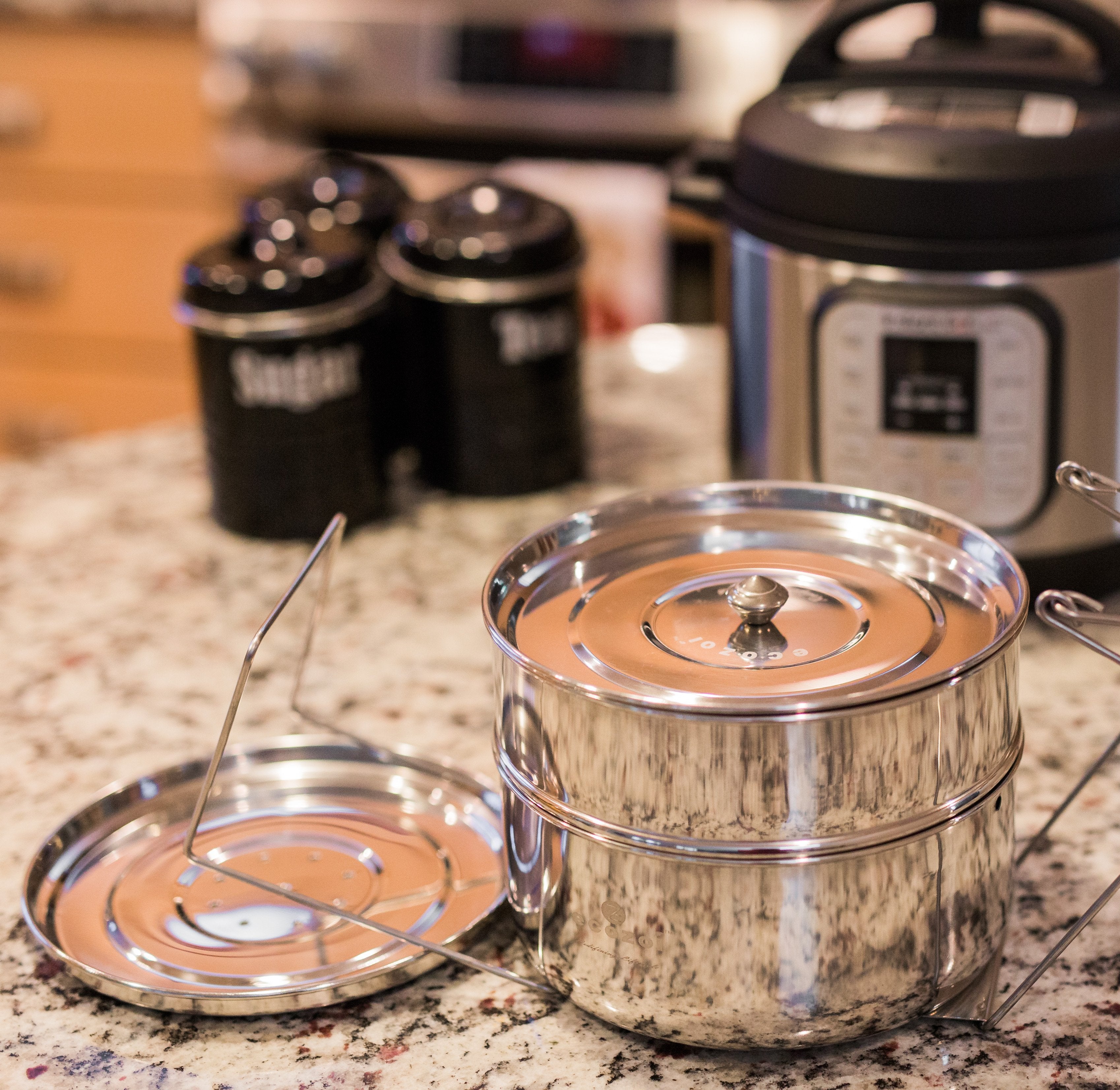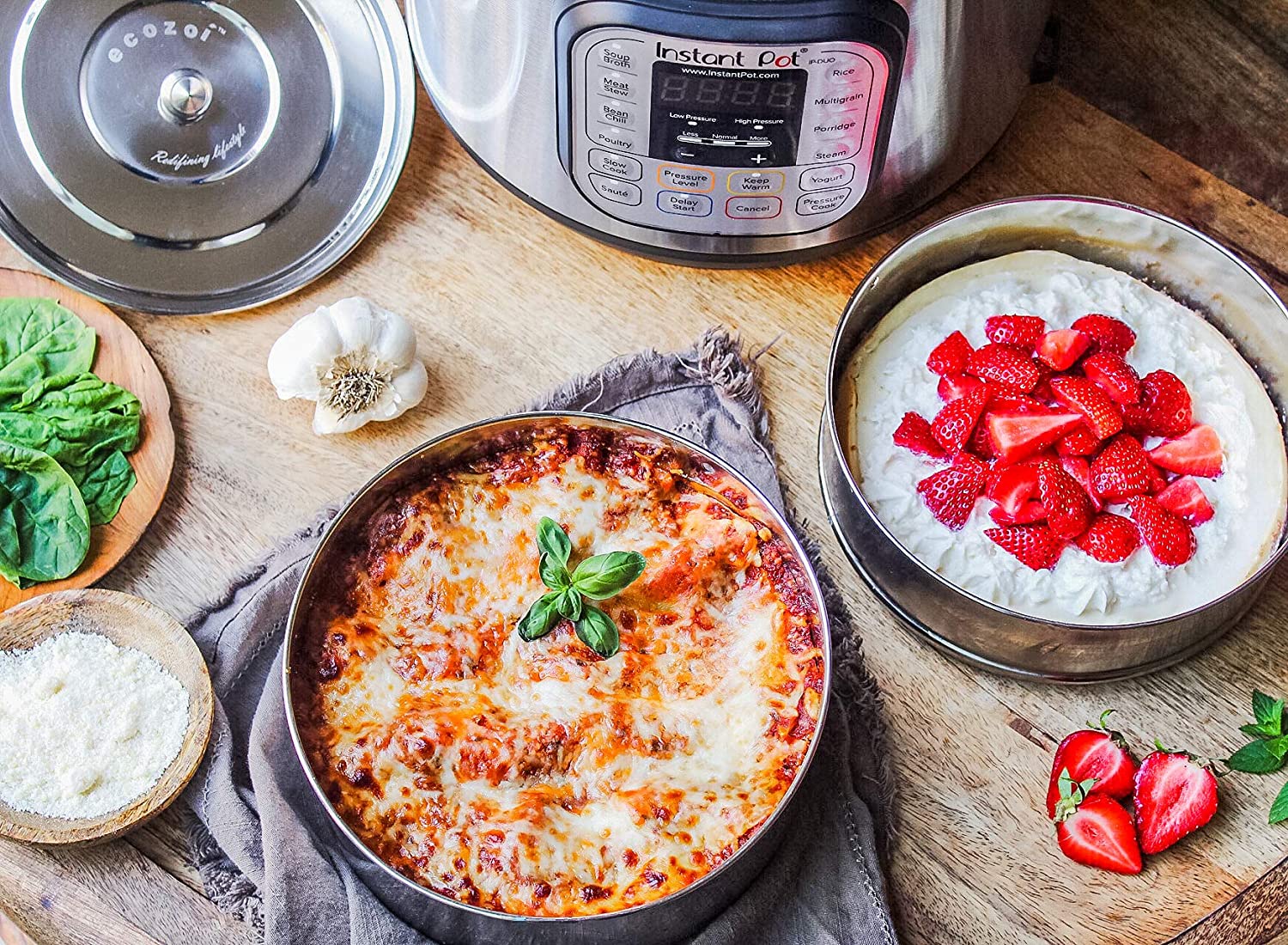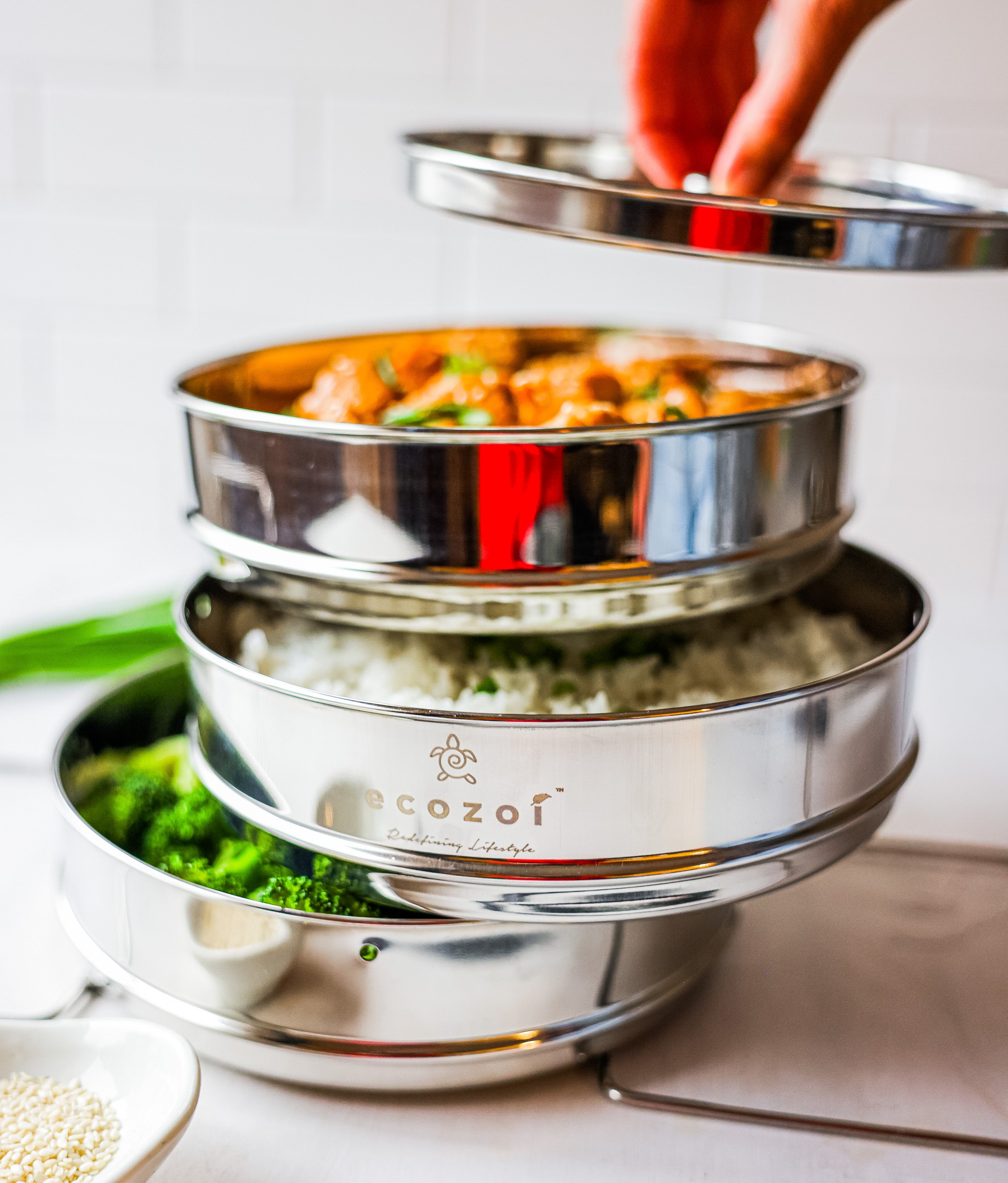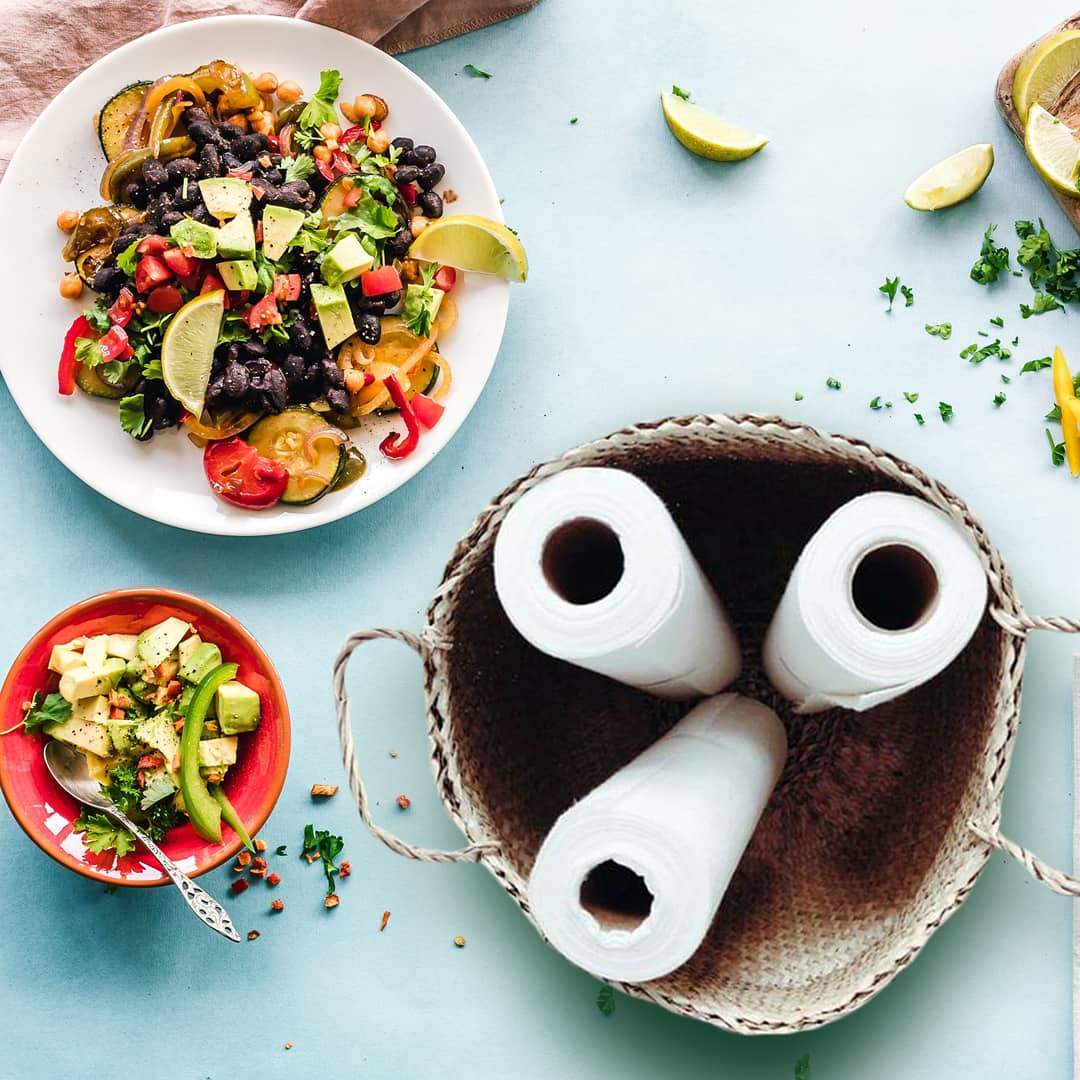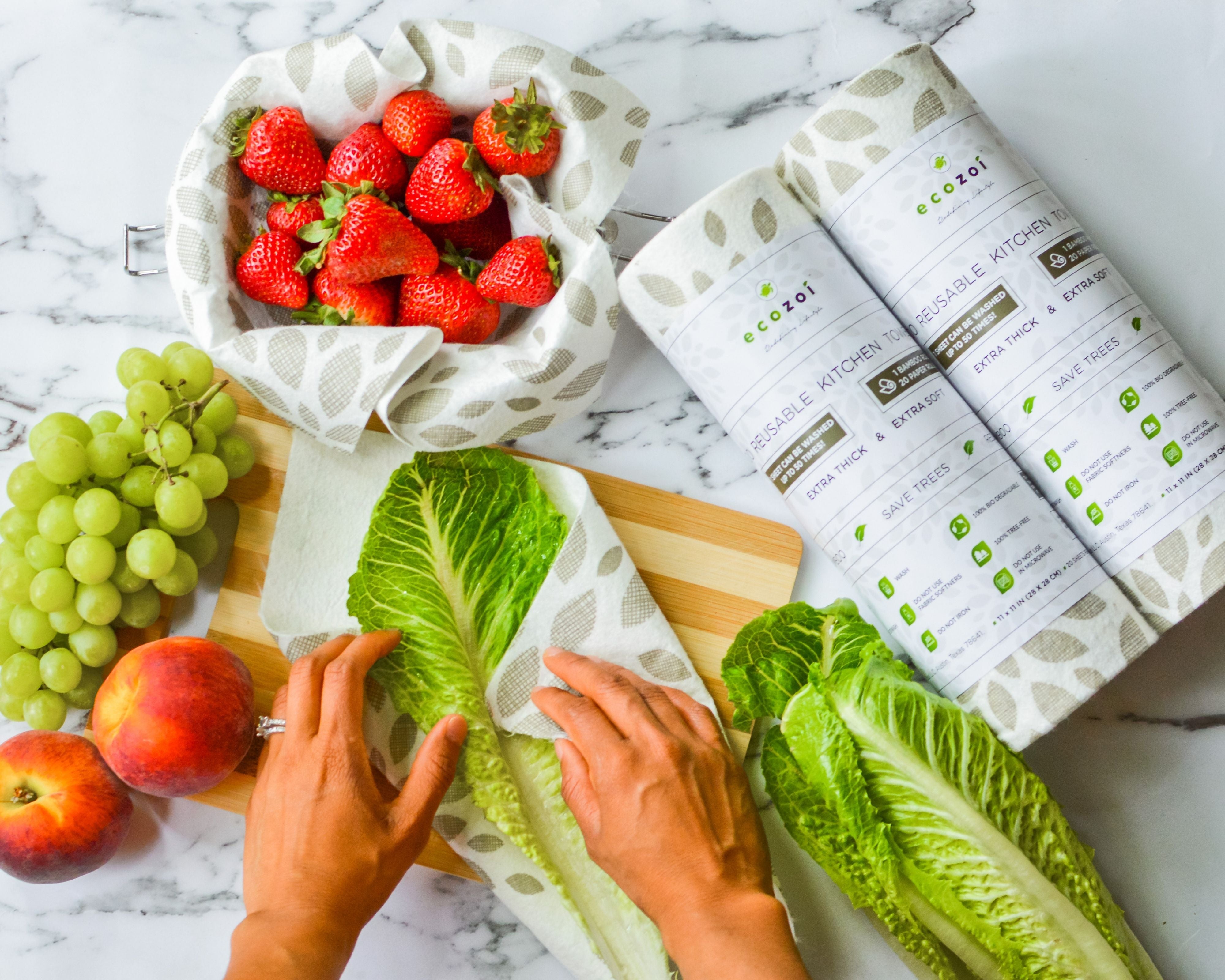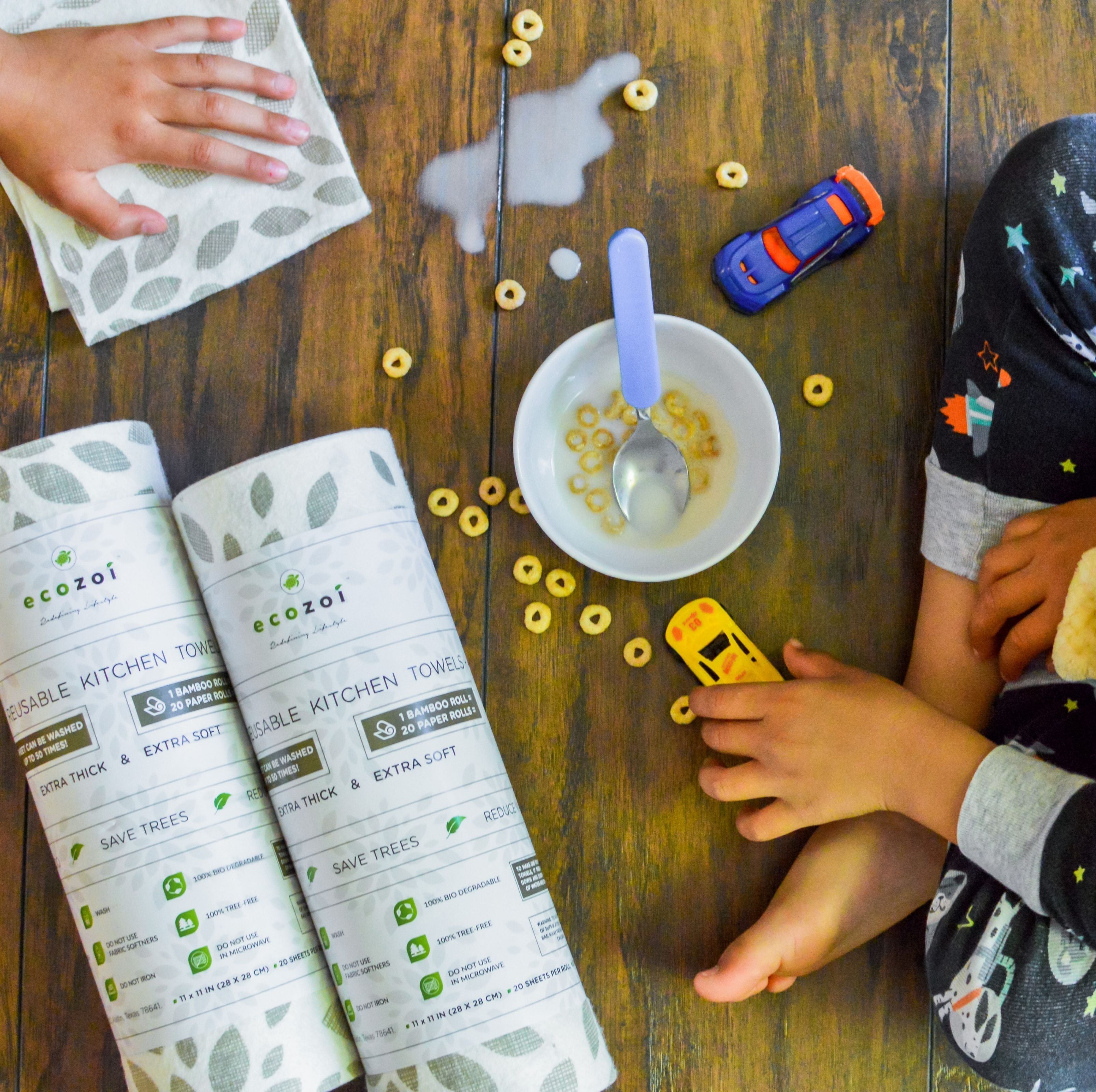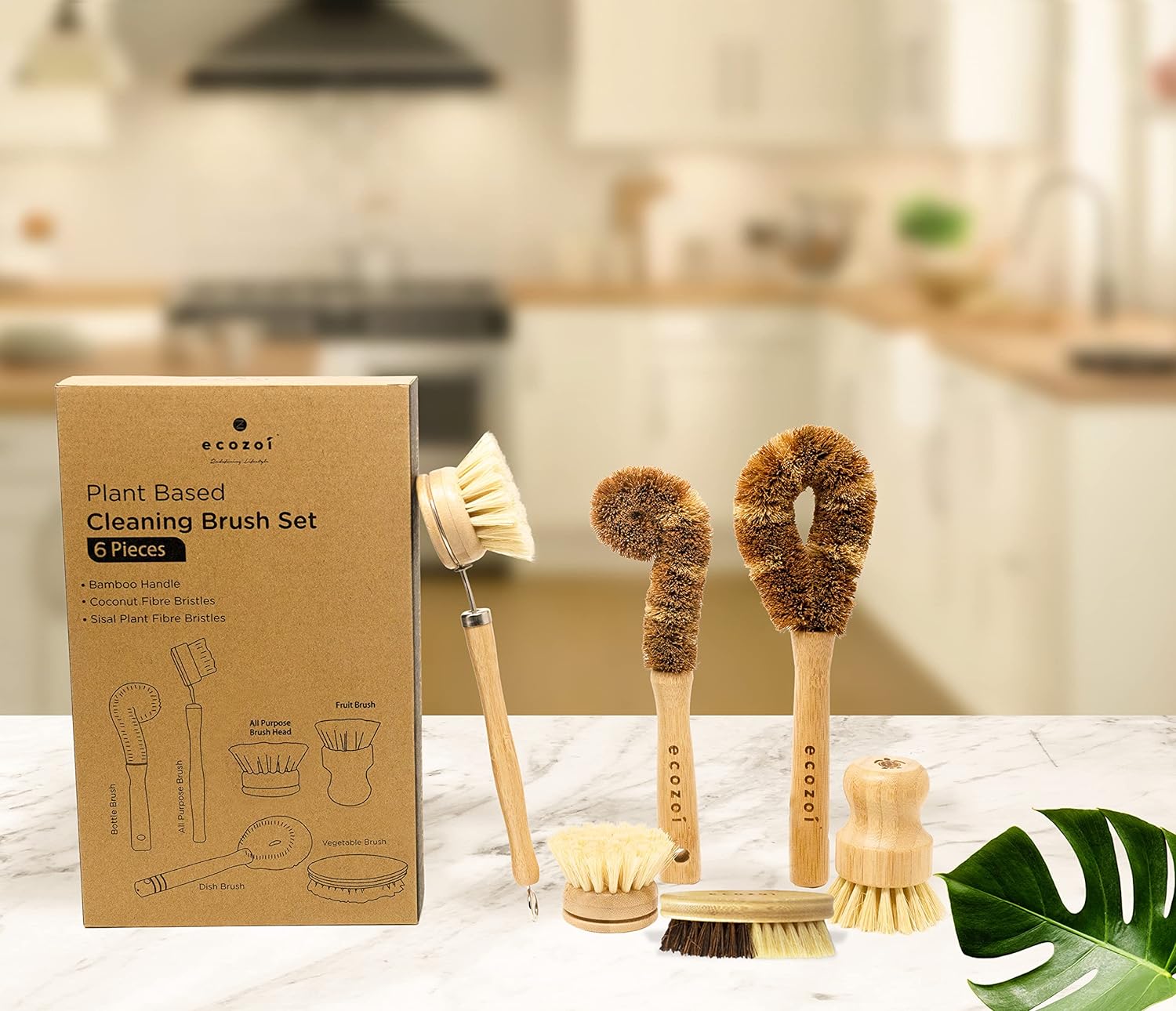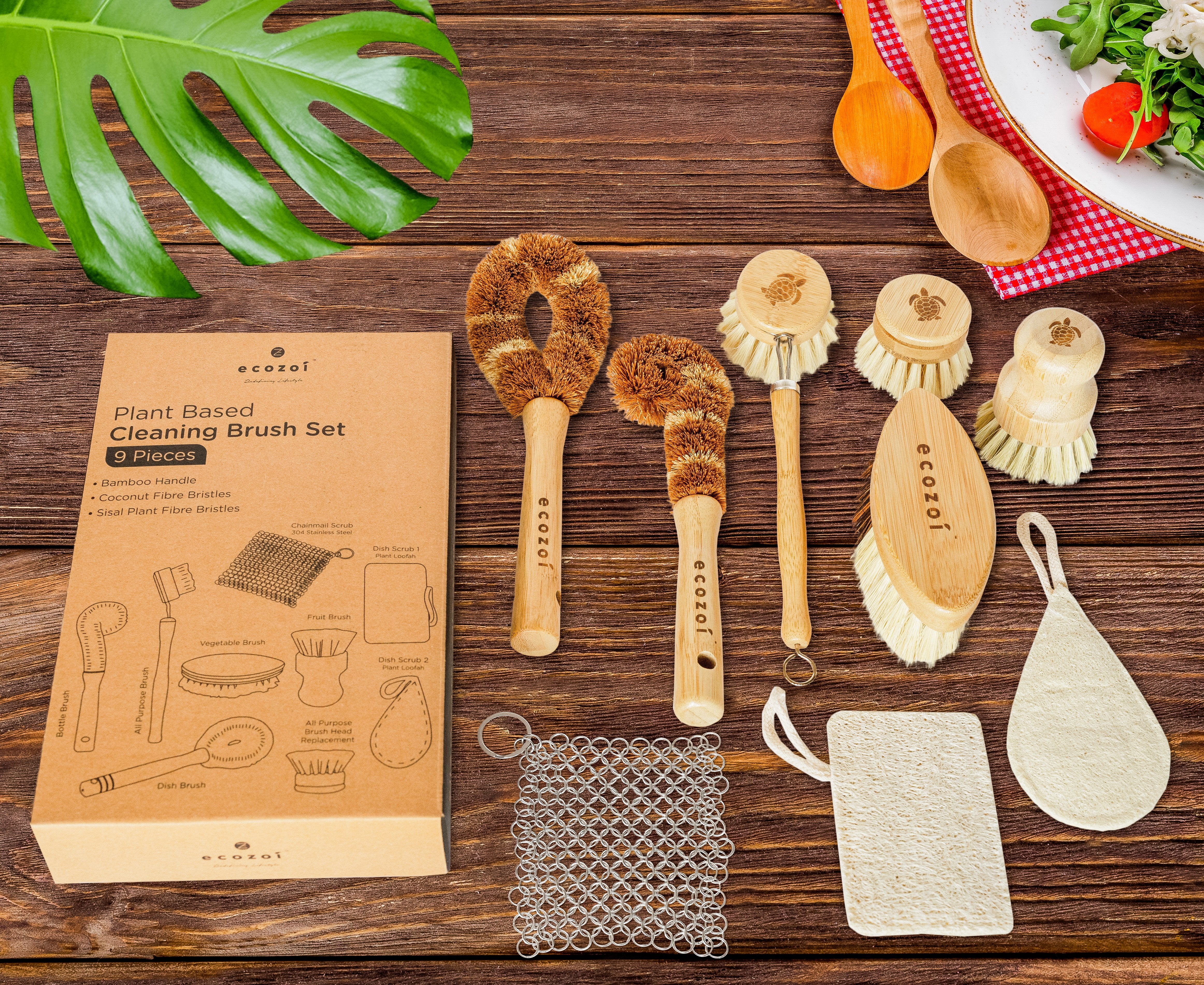Reusable Shopping Bags: Eco-Friendly Guide for 2025 & Beyond
Reusable Shopping Bags: Eco-Friendly Guide for 2025 & Beyond
Plastic grocery bags have become symbols of mounting pollution—pileups in landfills, choking ocean wildlife, and microplastic storms. The good news? We’re seeing a global shift to reusable shopping bags—for good reason. In 2025 and beyond, earth-conscious consumers are upgrading their shopping habits with stylish, durable, and eco-friendly bags built to last a lifetime.
This guide dives into reusable shopping bags: what they’re made of, how they compare to plastic, and how Ecozoi’s thoughtful products empower you to make greener choices—one grocery haul at a time.

Why Switch to Reusable Shopping Bags?
1. Massive waste reduction
Billions of plastic bags are used worldwide each year—nearly one million every minute. Shifting to reusable bags cuts that waste dramatically. Biodegradable, reusable bags offer a much greener alternative
2. Healthier production footprint
Although reusable bags initially require more resources to manufacture, studies show that cotton canvas bags need just 52–131 uses to offset their energy cost compared to single-use plastic ones
3. Durability that carries
Reusable totes are sturdier, carry more, and last longer. As one Reddit user put it:
“Reusable bags are so great! They’re more sturdy… gardening? reusable bag. beach? reusable bag. groceries? reusable bag!”
4. Legislative momentum
Many regions are banning or charging for plastic bags to curb pollution. With reusable bags, you're always ahead of the curve .
What Are Reusable Bags Made Of?
Here’s what eco-bags are built from:
-
Organic cotton: Strong, renewable, and biodegradable—though best when reused often; otherwise its high production cost outweighs the benefits
-
Jute or hemp: Naturally sturdy, low-impact fibers—excellent alternatives to cotton.
-
Recycled PET or polypropylene: Recycled plastic bottles make sturdy bags with less new plastic.
-
Seaweed or cassava bioplastics: Emerging biodegradable options that break down more cleanly
Eco-Friendly Handbags: More Than Just Groceries
Reusable shopping bags aren’t only for groceries—they’ve become eco-friendly handbags that:
-
Match your daily style
-
Offer plenty of compartments, zippers, and support straps
-
Transition effortlessly from market to workplace
-
Signal your values to others through action and design
Buying Guide: What Makes the Best Reusable Shopping Bag?
When choosing a reusable bag, look for:
-
Material: durable + low-impact (stack does)
-
Reinforced straps & handles—aim for 20–30 lb capacity
-
Zippered closure for security
-
Flat base for easy bagging
-
Washable & easy to clean
-
Eco-credentials (certifications, recycled or organic materials)

Comparing Reusable Bags to Plastic
|
Feature |
Plastic Bags |
Reusable Bags |
|
Durability |
Weak, single-use |
Strong, multi-use |
|
Waste |
Landfill/Oceans |
Minimal if used often |
|
Health Risk |
Microplastics |
Natural/non-toxic materials |
|
Long-term Cost |
Constant replacements |
One-time purchase |
|
Aesthetic & Feel |
Thin & plain |
Stylish, sturdy, feel-good |
Cost & Value: Are Reusable Bags Worth It?
Yes! Reusable bags cost just a few euros but can be reused for years—making them extremely cost-effective compared to paying 15–25 c per disposable bag. Long-term savings and sustainability win hands-down.

Ecozoi’s Reusable Shopping Bag Picks
Ecozoi offers bags that are functional, stylish, and sustainable:
Foldable Bamboo Organizer Tote
-
Made from eco bamboo and stainless steel
-
Features zippered closure and internal compartments
-
Collapses flat for convenient storage
Use it to carry reusable jars, bamboo cutting board with drawers, and other zero-waste essentials for shopping and storage.
Explore more eco-friendly bags at the Ecozoi collections page.
Real‑World Uses
-
Grocery runs: Holds produce, jars, bulk grains
-
Farmers markets: Spacious enough for veggies and bread
-
Beach & picnic days: Zippered closure keeps sand out
-
Commuting: Organizes your lunch box, water bottle, and books
-
Travel accessory: Great for souvenirs and snacks
Tips for Using Reusable Bags
-
Keep them visible: Hang by the door or stash in your car
-
Rotate usage: Have a bag in the kitchen, one in the car, one in your office
-
Wash regularly: Prevent bacteria buildup
-
Use helpers: Pair with reusable produce bags and glass containers
-
Go the distance: Use your reusable bag 50–100+ times before replacing—it’s the point where it becomes eco-friendly.
Frequently Asked Questions
1. What are the benefits of reusable shopping bags?
-
Less waste: Hundreds fewer plastic bags per year
-
Stronger & more functional: Handles heavier loads
-
Eco-friendly choice: Lowers single-use plastic pollution. Reusable bags also encourage bulk buying, meal planning, and community awareness—all part of a greener future.
2. What are the best reusable shopping bags?
Look for:
-
Reinforced bottoms and handles (carry ≥30 lb)
-
Water-resistant interior liners or coated fabric
-
Zipper or snap closures
-
Certified fabric (GOTS cotton, recycled plastic)
-
Stylish design you'll want to keep using
Ecozoi’s bamboo organizer tote and zipper models fit the bill—functional, sustainable, and beautiful.
3. What are the disadvantages of reusable bags?
-
Higher production cost: More resources to make
-
Need for consistent use & upkeep
-
Initial forgetfulness: Risk of leaving at home
-
Washing required: Unwashed ones can harbor bacteria
However, these challenges are outweighed by their environmental, financial, and health benefits.
4. How long does an eco bag last?
-
Durability varies:
-
Recycled PET/en heavyweight plastic tote: 3–5 years
-
Organic cotton or bamboo: 2–10 years
-
Proper care (wash gently, dry thoroughly) extends life further.
An eco bag with zipper like Ecozoi’s should last many months to years—long enough to make it more sustainable than disposables.

Why Choose Ecozoi?
Ecozoi is a family-owned, woman-run brand born from first-generation immigrant experiences. We design sustainable products that are:
-
Crafted without plastic, BPA, or chemicals
-
Made from durable bamboo, stainless steel, glass & organic materials
-
Functional, beautiful, and built to last
-
Packaged and shipped in recyclable, plastic-free materials
-
Owned by ethical, artisan-minded businesses aligned with conscious living
How to Begin?
-
Start with one reusable bag—foldable, easy-to-carry
-
Add an insulated option for frozen or hot groceries
-
Expand to produce/condiment reusable bags
-
Teach kids to help remember and pack
-
Reuse for errands, library visits, gym days—every outing counts!
Join the Change: Share Your Voice
We'd love your feedback—help us shape sustainable products and expand our range. Fill out our Ecozoi Customer Survey and let us know your experience, ideas, and inspirations.
Final Take
Reusable shopping bags are small. But their impact is huge—on your budget, on the environment, and on social habits. They empower us to live better, shop thoughtfully, and pass that value to the next generation.
The future of shopping is reusable, stylish, and green. Welcome it with Ecozoi as your partner.
"Shopping sustainably isn’t about perfection. It's about progress. One reusable bag at a time." – Team Ecozoi


